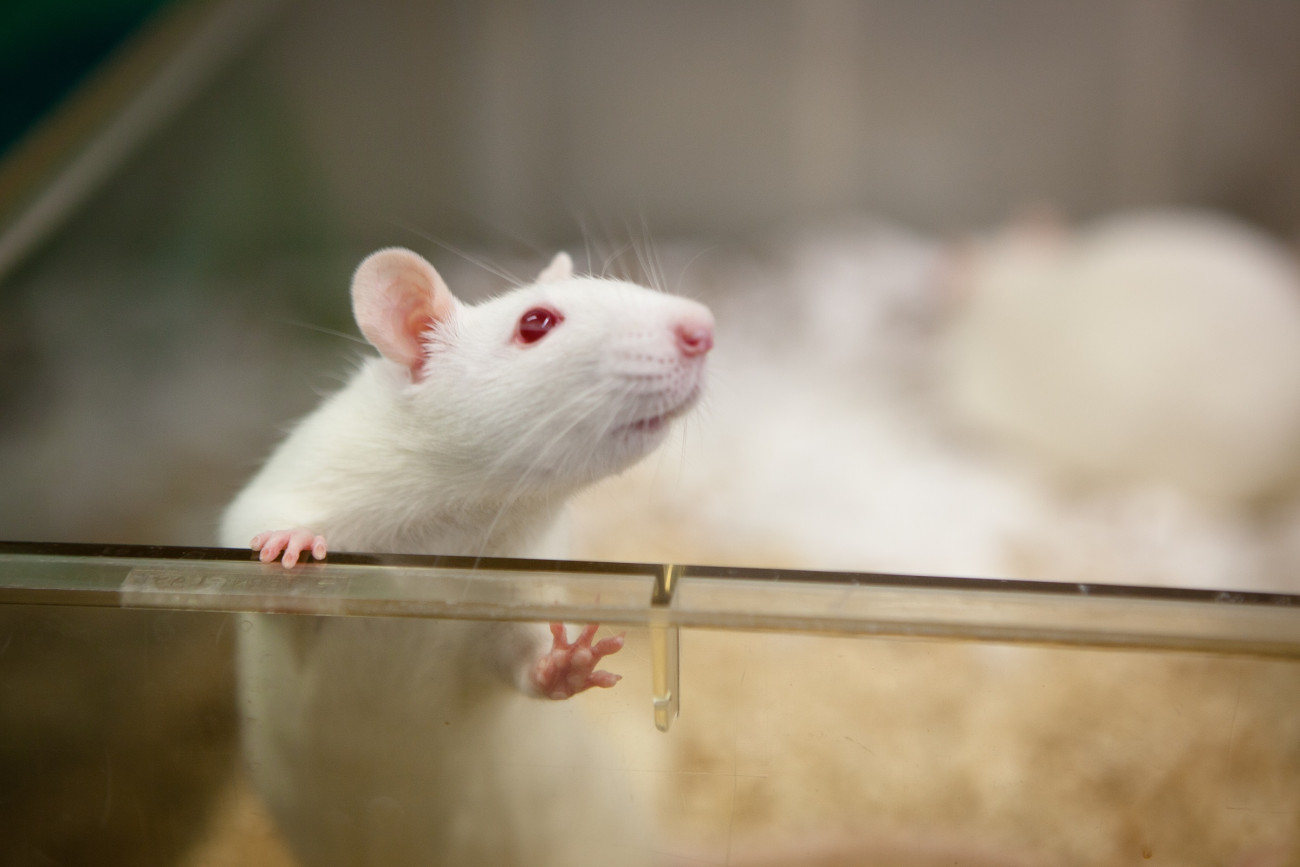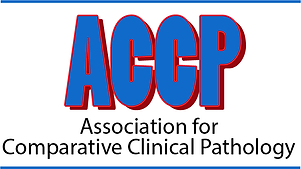Registration Details

The NC3Rs and the Association for Comparative Clinical Pathology (ACCP) are jointly hosting an in-person workshop to discuss a fresh perspective on the topic of urinalysis assessments in toxicity studies.

Urinalysis is routinely performed in regulatory toxicology studies. Sample collection usually requires animals to be individually housed in a metabolism cage and/or catheterised, raising animal welfare issues. It is not clear if urinalysis data are being used in practice and how often they play a role in decision-making, as the quality of the data can be highly variable, and there are other assessments (e.g. histopathology) that may provide more detailed and reliable information.
The aim of this workshop is to bring together experts on toxicology and clinical pathology from the pharmaceutical and agrochemical industries, and regulatory agencies to discuss opportunities to apply the 3Rs to urinalysis assessments in toxicity studies.
The workshop will include introductory talks on methods of urine collection and the value of urinalysis for decision-making, and a series of industry case studies from the pharmaceutical and agrochemical sectors and breakout sessions.
There will be the option to display posters to showcase refined procedures for urine collection, alternative approaches for functional kidney assessments, or specific case studies. If interested, you can submit an abstract (up to 250 words) during the registration process.
The in-person workshop is free to attend, but registration is essential.
The deadline for registration is Friday 20 October 2023.
AGENDA
| Time | Agenda item |
|---|---|
| 10.00 – 10.30 | ARRIVAL AND REFRESHMENTS |
| 10.30 – 10.40 | Welcome and aims of the meeting Paul Baldrick (Fortrea, CHAIR) |
| 10.40 – 10.50 | Introduction to the ACCP Joanna Harding (Exscientia) |
| 10.50 – 11.00 | Introduction to the NC3Rs Elisa Passini (NC3Rs) |
| 11.00 – 11.20 | Urinalysis in toxicity studies: methods, frequency and purpose Lorraine Britton (Sequani) |
| 11.20 – 11.40 | A clinical pathologist perspective on urinalysis data Peter Cotton (Independent) |
| 11.40 – 12.00 | Urinalysis: a CRO perspective Romalie Allen (LabCorp) |
| 12.00 – 13.00 | LUNCH |
| 13.00 – 14.30 | Industry case studies:
|
| 14.30 – 14.45 | Introduction to breakout sessions Paul Baldrick |
| 14.45 – 16.00 | Breakout sessions with refreshments: Group 1: Are urinalysis assessments necessary in every study or can we move towards a case-by-case approach?
Group 2: When urinalysis is considered necessary, how can we refine urine collection?
|
| 16.00 – 16.30 | COFFEE BREAK |
| 16.30 – 16.50 | Breakout group feedback Summary of discussions from each group |
| 16.50 – 17.00 | Sum up and next steps Paul Baldrick |
| 17.00 – 18.00 | NETWORKING RECEPTION Sponsored by the ACCP |
